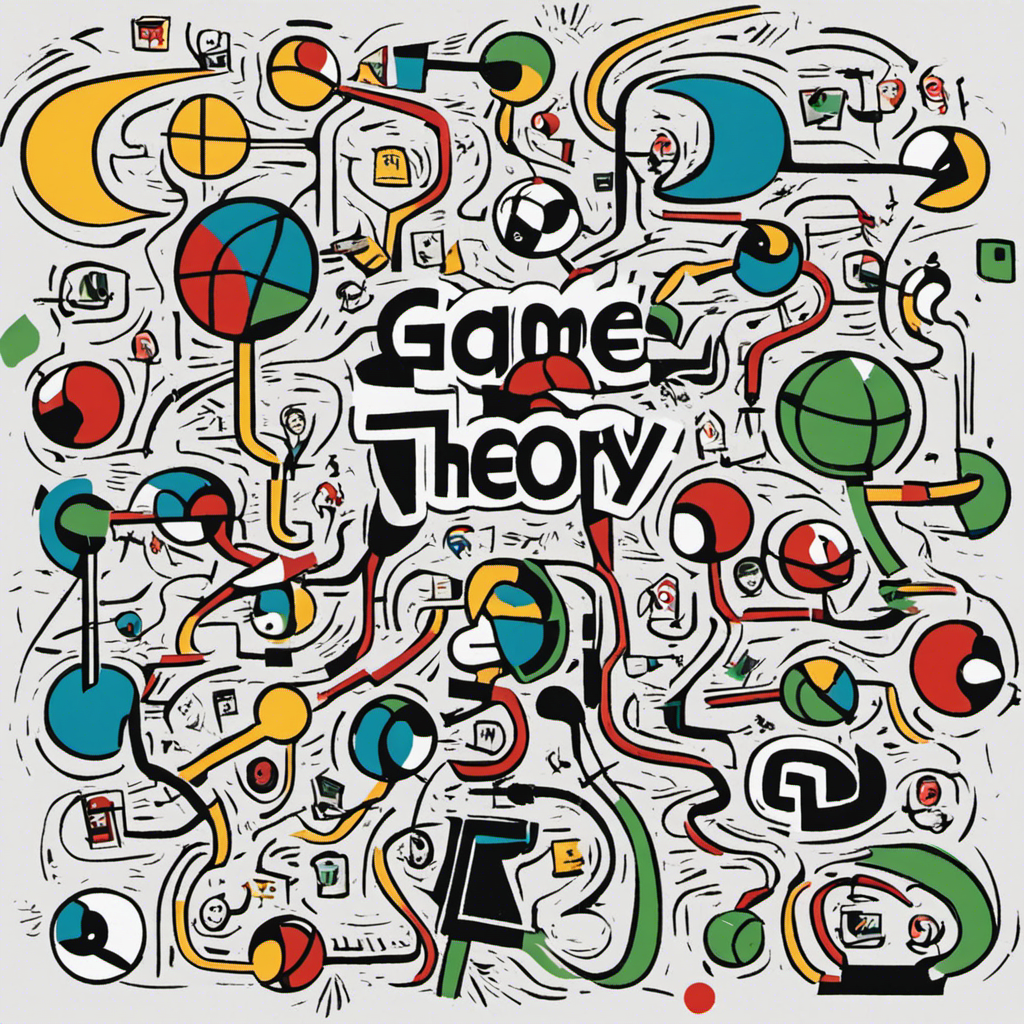
Games are competitive interactions between players governed by a set of rules that structure the gameplay to facilitate achieving prescribed goals or objectives. In some cases, the aim is to overcome an obstacle. A key characteristic of games is strategy, an enduring science applicable across domains like politics, business, trade, sports, entertainment, and more. While competitive spheres such as business and politics are chaotic, successful participants employ strategic measures to engineer orderly, profitable outcomes. Another salient feature of games is chaos, which most game theorists and scientists ignore as redundant. Chaos represents confusion or randomness, cognitively associated with the mind. Games with few rules exhibit limited chaos, while those with multiple rules display substantial chaos. For instance, rock-paper-scissors has fewer choice combinations than soccer with its additional chaotic factors. Game theory examines strategic interdependence in socially competitive environments where interaction is mandatory. Upcoming sections cover strategy, chaos, nonlinear dynamics, determinism, and game theory that help to construct and model swarm cognition and sentience.
Click buttons below to learn more.
